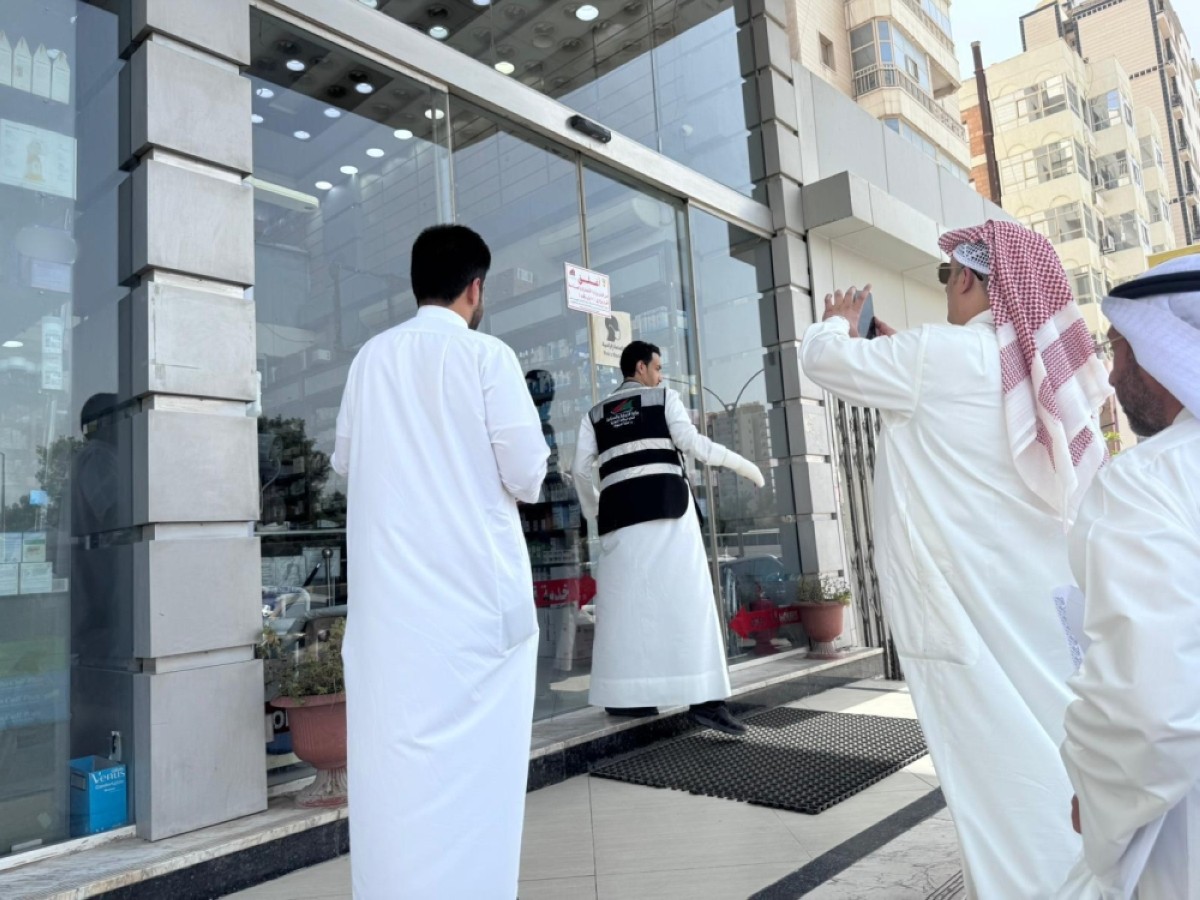KUWAIT: A landmark scientific study by researchers from Harvard University, Cambridge University, and other leading institutions worldwide—featuring Kuwaiti researcher Dr Hala Al-Eissa with support from the Kuwait Heart Association—has revealed that the way potatoes are cooked, rather than the potatoes themselves, is the key factor influencing their link to type 2 diabetes.
Earlier research hinted at a possible association between potato consumption and diabetes risk but often lacked details on cooking methods or the impact of replacing potatoes with other foods. This new study, published in the British Medical Journal (BMJ), analyzed decades of dietary data, distinguishing between preparation styles and substitution choices.
The findings show that eating French fries three times a week is linked to a 20 percent higher risk of type 2 diabetes compared to consuming them less than once a week. In contrast, boiled, baked, or mashed potatoes showed no significant risk increase. Researchers explained that the difference lies in preparation: baking, boiling, or cooking with the skin on are healthier methods, preserving nutrients such as fiber, vitamin C, potassium, and vitamin B6. French fries, however, are typically cooked at high temperatures in unhealthy oils and salted heavily, creating harmful compounds.
Notably, replacing three weekly servings of French fries with whole grains—such as whole wheat, oats, brown rice, or quinoa—cut the risk of diabetes by up to 19 percent. Substituting all potatoes, including non-fried varieties, with whole grains reduced the risk by 4 percent. “Our results confirm that potatoes can be part of a healthy diet if prepared properly,” said Dr Al-Eissa, Assistant Professor at Kuwait University’s School of Public Health and researcher at Harvard’s Department of Nutrition. “French fries, however, remain a choice that should be limited as much as possible.”
Professor Walter Willett, who supervised the study, stressed that dietary guidelines should move beyond broad food categories. “Not all carbohydrates—and not even all potatoes—are equal,” he said. “Preparation and substitution matter greatly when shaping public health policies.”
The research analyzed data from more than 205,000 participants over nearly 40 years, making it one of the most comprehensive investigations into potatoes and diabetes risk. It was funded by respected bodies including the US National Institutes of Health, the British Medical Council, and, for the first time, the Kuwait Heart Association. Researchers believe that the Kuwait Heart Association’s partnership with global institutions like Harvard will pave the way for further collaborations, advancing nutrition-focused research and tackling chronic diseases in Kuwait.


















